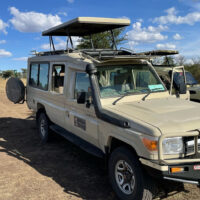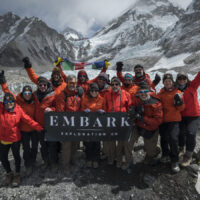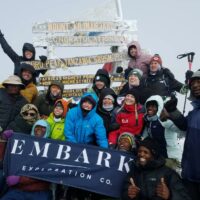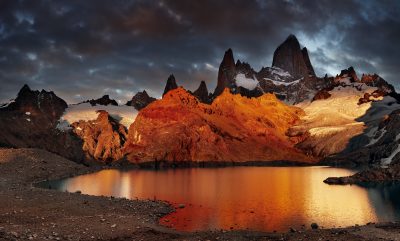Sanitation and Personal Hygiene in Tanzania
10.08.2016
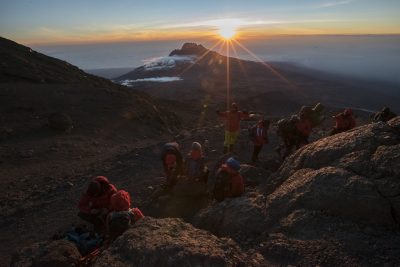
Hello, Travelers! We are back with our series of informational messages to help you prepare as you draw closer to your date of departure.
Other topics include:
- Passports & Visas
- Shots and Vaccinations
- Currency & Tipping
- Gear Lists, Packing and Baggage Weight Restrictions
This post is all about the sometimes awkward subject of Sanitation and Personal Hygiene.
Whenever you travel in the developing world, especially in rural or remote areas, Purel and Handy Wipes are your friends. Bring plenty of both, and use them frequently.
Water
Surface water and tap water in Tanzania can never be considered safe for a western traveler to drink. Water should always be boiled, or purchased, in new, branded, and sealed bottles. As an alternative, filtering devices or UV sterilizers, such as SteriPen can be used, but bear in mind, if your sterilizing device requires batteries or recharging, or if your filter requires frequent replacement, necessary charging facilities or replacements can be difficult to find in remote areas. While climbing Kilimanjaro, the support staff will provide you with sufficient daily water, either bottled where that is allowed, or otherwise safely treated.
Meals
While climbing Kilimanjaro, all meals will be cooked and provided by your guide staff. Meals are taken communally, in a spacious and comfortable mess tent, with tables and chairs. Food is simple and western in style, but hardy, and designed to provide you with the calories and nutrition you will need to meet this challenge. Eggs, chicken, beef, bread, pasta and rice are regularly featured on the menu, as well as oatmeal, cereal and all necessary condiments. Coffee, tea, milk and juice are provided. Vegetarian or specialty diets can also be accommodated. Some of this food, while healthy, may still be a little surprising to a western stomach. I like to take probiotics while I’m there, on the theory that it can’t hurt, and it might help.
Every traveler must be careful about eating fresh or un-cooked food. Just forget about green salads until you get back home. Ice cubes in your coke…not even! Brushing your teeth? Use bottled water. And if you forget, and rinse your toothbrush with tap water…get a new one.
Street food may be tempting, but its quality cannot be guaranteed. Fresh fruit and vegetables may sound refreshing, but even if they can be thoroughly peeled (by you, and just before you eat them), it may still be suspect because your own hands may be contaminated as well. (Remember Purel? Use it.) Unpeeled bananas and oranges can usually be trusted (if you have used your Purel before you handle them). Commercially packaged dairy products, such as milk, yoghurt and packaged cheese are usually safe.
Be cautious, but try to enjoy what looks safe and tasty. It is, after all, part of the travel experience to enjoy local cuisine.
Restrooms
In your hotel, bathroom facilities will be western in style. On Kilimanjaro, the support staff will set up canvas latrines equipped with portable toilets, bathroom tissue and sanitizing gel. Nevertheless, it is always a good idea to bring a modest supply of your own. You can buy back-packer sized rolls at REI, or make your own by re-rolling it without the tube. It is a great idea to make up a bathroom kit, with Purel, Handy Wipes, plastic bags, and TP all in a single bag, and keep it with you at all times. Throw in some Imodium or Pepto-Bismol tablets just in case things go wrong despite your vigilance…but bring them from home as they can be difficult to find locally.
Showers will not be available during the eight days you will be on the mountain, so full-body bathing will not be possible. Handy Wipes make a quick, handy, and efficient alternative. Just sayin’.
So, relax…enjoy the exotic new culture you are experiencing…use Purel frequently…and stay healthy. It can be done!
